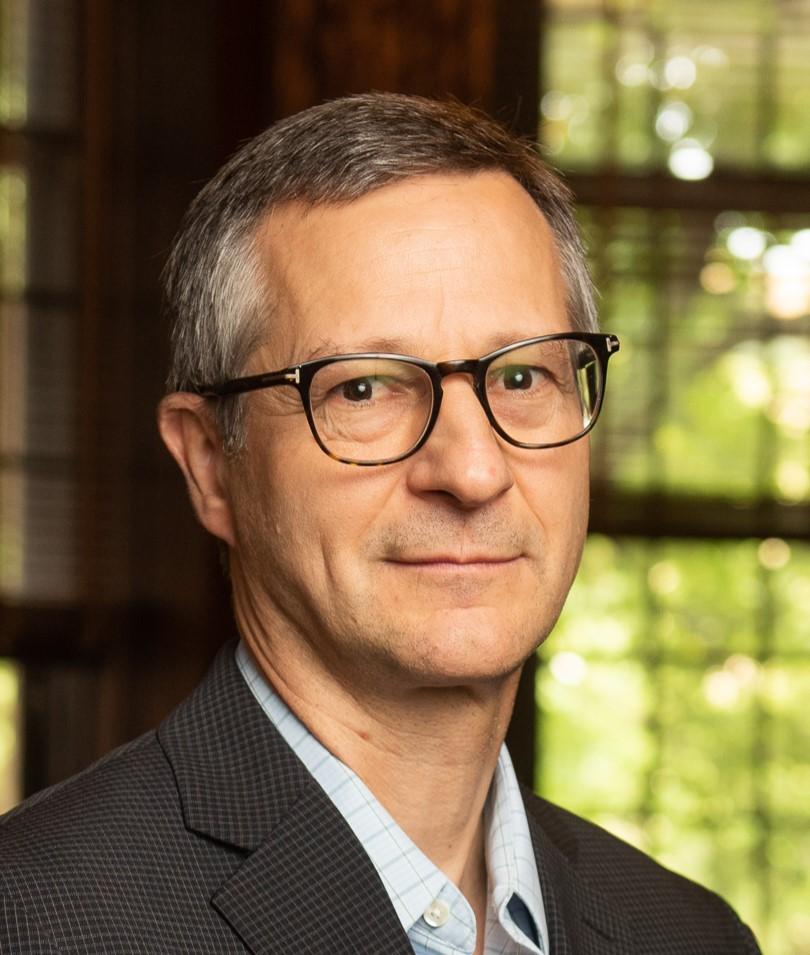PIL Discussion Group: Legal Pluralism and War: Lessons from Informal Courts of PoW Camps and Jewish Ghettos
Speaker(s):
Notes & Changes
Please register using the link above if you would like to join this event, either in person or online. If you specify that you will join online, you will be sent a Teams link prior to the seminar before the event. Please note that if you do not register before 5:30 pm on Wednesday, 7 May 2025, you may not receive a link.
Lunch will be available in the Wharton Room from 12:15 pm, and the talk will begin in the Old Library at 12:45 pm. We look forward to your participation in what promises to be an insightful event.
Abstract
Wars are moments of social and political dislocation that uncover assumptions that routinely remain uninterrogated. The nature and function of law in society are questions both so complex and so pervasive that they most often fall into the category of unexamined facets of social life, relegated to the abstract musings of philosophers and legal theorists. Wars sometimes disrupt the normal patters of legalism to suddenly make more concrete and immediate such foundational questions. Thus, warzones are often thought of as lawless spaces, but in fact the problem is more often an overabundance of laws. Conflict situations in which several legal orders make competing claims are not extraordinary at all; arguably, it could be claimed that they are one of the defining legal features of war. The rarely examined reality of informal courts created in PoW camps and Jewish ghettos during the second world war offers a striking illustration of the revealing disruption of law in war and the ways in which legal pluralism can help to structure thinking about the concept of law in such a context. Norms of international law set parameters and offer guidance, and yet legal pluralism suggests that this and other examples of disrupted legality in conflict zones are best understood as the interaction and intersection of legal orders that must be mediated rather than resolved by claims of higher authority.
This is a chapter of an edited volume on legal theory and war, to be published later in 2025.
Speaker

René Provost Ad.E. FRSC is the James McGill Professor of Justice Beyond the State at the Faculty of Law of McGill University. He holds a Bachelor of Laws from the Université de Montréal, a Master of Laws from the University of California at Berkeley, and a D.Phil. from the University of Oxford. He served as law clerk to the Honourable Justice Claire L’Heureux-Dubé at the Supreme Court of Canada in 1989-1990, and taught international law at Lehigh University in Pennsylvania in 1991. He joined the Faculty of Law of McGill University in 1994, first as a Boulton Fellow (1994-1995), then as Assistant Professor (1995-2001) Associate Professor (2001-2015), Full Professor (from 2015), and James McGill Professor (since 2023). He was the Associate Dean (Academic) of the Faculty of Law from 2001 to 2003. From 2005 to 2010 he was the founding Director of the McGill Centre for Human Rights and Legal Pluralism. Professor Provost teaches Public International Law, International Human Rights Law, International Humanitarian Law, International Environmental Law, Legal Anthropology, and various courses in legal theory. He is the author of International Human Rights and Humanitarian Law (Cambridge University Press, 2002), and Rebel Courts – The Administration of Justice by Armed insurgents (Oxford University Press 2021, winner of the 2022 ICON-S Prize for Best Book in Public Law, and the 2023 ASIL Certificate of Merit for Creative Scholarship), the editor of State Responsibility in International Law (Ashgate-Dartmouth, 2002), Mapping the Legal Boundaries of Belonging: Religion and Multiculturalism from Israel to Canada (Oxford University Press, 2015), Culture in the Domains of Law (Cambridge University Press, 2017), and co-editor of International Law Chiefly as Applied and Interpreted in Canada, 7th Ed. (Emond Montgomery, 2014), Confronting Genocide (Springer Verlag, 2011), Dialogues on Human Rights and Legal Pluralism (Springer Verlag, 2013). He was the president of the Société québécoise de droit international from 2002 to 2006. In 2015, he was named a Fellow by the Pierre Elliott Trudeau Foundation for his contribution to the advancement of knowledge in the social sciences and humanities. The Québec Bar Association appointed him senior counsel (Ad.E.) in 2017 in recognition of his exceptional contribution to the legal profession. In 2019, Professor Provost was elected a Fellow of the Royal Society of Canada.


 Add to calendar
Add to calendar


